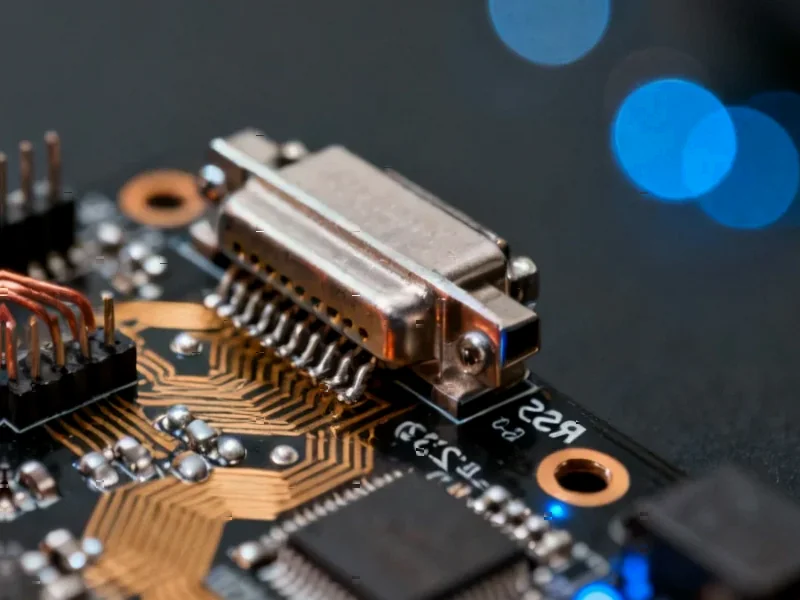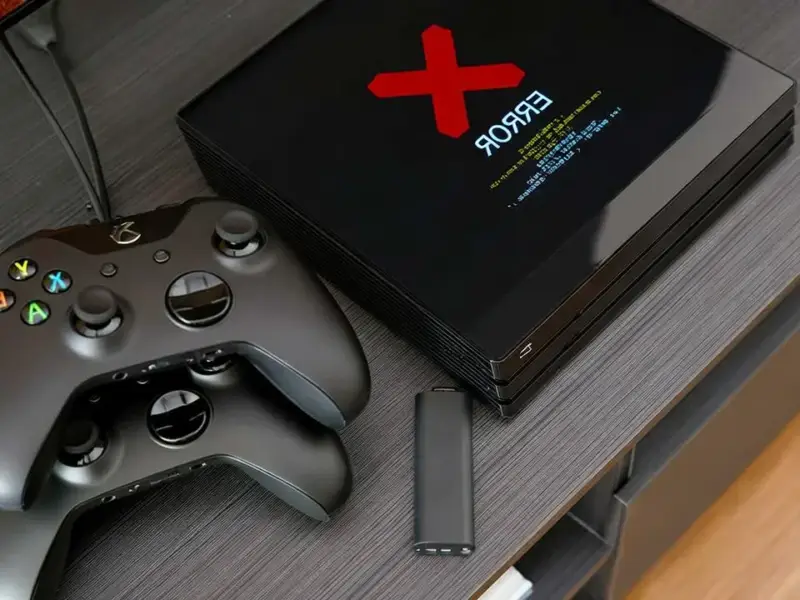According to Phoronix, Debian is officially ending support for multiple processor architectures in its upcoming Trixie release. The armel architecture will see its final release with Trixie, affecting users of Raspberry Pi 1, Zero, and Zero W systems. Simultaneously, Debian is completely removing support for both mipsel and mips64el architectures. The project recommends users either reinstall systems as armhf or arm64 where possible, or simply retire their aging hardware. This marks a significant reduction in Debian’s architecture support matrix that has been years in the making.
The end of an era
Here’s the thing – this isn’t exactly surprising news if you’ve been following Debian development. These architectures have been on life support for years. But it’s still significant when a distribution known for its broad hardware support starts cutting ties. The armel architecture basically served as the foundation for early ARM devices, and now it’s being left behind as 64-bit ARM becomes the standard.
And what about those Raspberry Pi 1 and Zero users? They’re in a tough spot. Debian’s official stance is that they can upgrade to Trixie if their hardware is supported by kernel packages, or use third-party kernels. But let’s be real – how many casual Raspberry Pi users are comfortable sourcing and maintaining third-party kernels? Most will probably just stick with whatever’s working until it breaks.
MIPS meltdown
The MIPS situation is even more dramatic. Both mipsel and mips64el are getting the axe entirely. I mean, when was the last time you saw someone running Debian on MIPS hardware? Probably not recently, unless you’re working with embedded systems or specialized networking equipment.
But here’s where it gets interesting – what happens to all those devices still running these architectures? Think about routers, industrial controllers, or scientific instruments that were built around these chips. They’re not exactly easy to upgrade, and many organizations might just keep running old, unsupported Debian versions because replacing the hardware isn’t feasible.
Upgrade or retire?
Debian’s recommendation to “reinstall as armhf or arm64” sounds simple enough on paper. But hardware compatibility is the real killer here. Many of these older devices simply can’t run the newer architectures efficiently, if at all. The performance hit might be substantial, or certain hardware features might not work properly with newer kernels.
So what’s the alternative? Retire the hardware, as Debian suggests. But that feels wasteful, doesn’t it? Perfectly functional devices being tossed because the software support dried up. It’s the eternal struggle between progress and sustainability in the tech world.
Broader implications
This move reflects a broader trend in the Linux ecosystem. Maintaining support for niche architectures requires significant developer resources, and with limited manpower, projects have to make tough choices. Debian’s decision follows similar moves by other distributions that have been streamlining their architecture support.
The real question is whether this creates opportunities for smaller, more specialized distributions to fill the gap. Maybe we’ll see dedicated Raspberry Pi 1 distributions emerge, or MIPS-focused projects gaining new life. Or perhaps this really is the end of the road for these architectures in the mainstream Linux world. Either way, it’s another sign that the computing landscape continues to consolidate around a handful of dominant architectures.





I don’t think the title of your article matches the content lol. Just kidding, mainly because I had some doubts after reading the article.